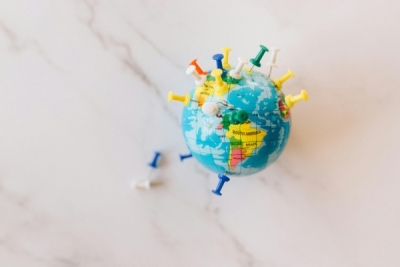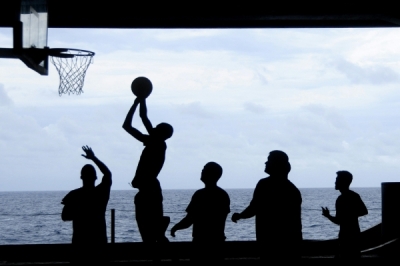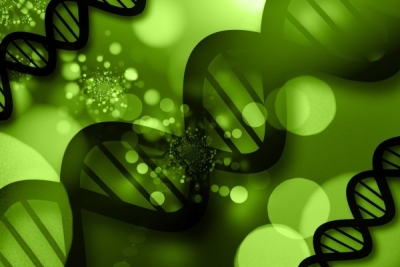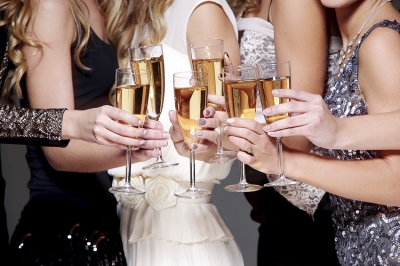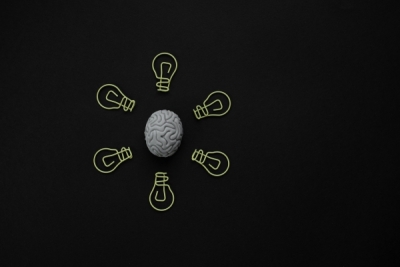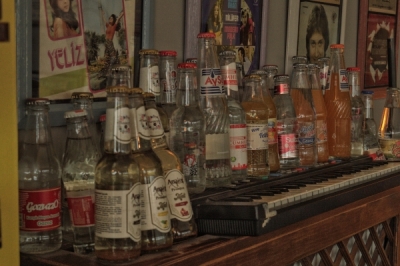Who has never heard someone say that alcohol is a good way to relax during sex, right? Some also say that drinking alcohol can have an aphrodisiac effect and improve performance during sexual intercourse. But, after all, does drinking help or hinder you at the right time?
Despite the idea that the consumption of alcoholic beverages is associated with the pleasure of sex, whether regarding men or women, alcohol can cause adverse effects and disrupt the relationship.
Research reveals that alcohol can, in fact, have a short-term effect on aspects of sexual functioning, including arousal, desire and orgasm, with the consequences varying between men and women.
Alcohol, women and sex
It is very common for women to say that one or two drinks of alcohol before sex can increase arousal. This happens because many feel more uninhibited, sexy and confident after drinking alcohol.
However, there is evidence that confirms that this increase in sexual desire is only apparent and, in fact, alcohol abuse has a physiologically negative effect, decreasing the genital response, interfering with vaginal lubrication and causing orgasmic dysfunction, that is, making orgasm difficult.
When it comes to female orgasm, desire, and sexual interest, studies are still limited, but most show that while alcohol is linked to increased sexual arousal, it causes orgasms to be more inconsistent or fewer. Even the reported increase in arousal may only be the result of a subjective effect, that is, in the expectation that alcohol increases desire, it is believed that it is fulfilling this role, as there is no concrete evidence of this effect in women.
In other words: for women, although alcohol in small quantities can even promote relaxation, sexual intercourse can be harmed due to less vaginal moisture and greater difficulty in reaching orgasm.
And what about men?
As with women, having just one or two drinks can increase sexual desire and arousal in men. However, when consumed in excess, alcohol can have negative and easily identifiable effects for men during sexual intercourse, mainly because alcoholic beverages affect erections in several ways.
In addition to delaying or advancing ejaculation and hindering the ability to obtain and maintain an erection, when consumed in excess, alcohol can also cause permanent damage, causing erectile dysfunction and hypoactivity.
A survey of men seeking treatment for erectile disorder revealed that moderate to heavy alcohol use was associated with worse sexual function. The researchers also evaluated the erectile response of young people to sexual stimuli after consuming alcoholic and non-alcoholic drinks, and the results showed that, except in very low levels, alcohol decreased the erectile response, in addition to increasing the time needed to achieve the orgasm.
Frequent episodes of erectile failure caused by alcohol-induced intoxication may signal the presence or development of dependence on alcoholic beverages and may be a stimulus to seek evaluation and treatment. It is also necessary to be careful because even a single episode can contribute to the development of an erectile disorder and, whether sporadically or frequently, this type of event can have adverse effects on the stability of relationships, undermining the psychological and sexual health of the couple. In these cases, the ideal is to control or abstain from consumption, as well as seek psychological and/or medical support for treatment.
Risk behaviors
In addition to the physiological effects, excessive consumption of alcoholic beverages can also cause men and women to adopt risky behaviors, such as unprotected sexual intercourse, resulting in various problems, such as unwanted pregnancies and sexually transmitted infections (STIs), such as AIDS.
The recommendation is to avoid excessive consumption of alcoholic beverages and protect yourself against risky behavior so as not to harm your health or that of your partner.


